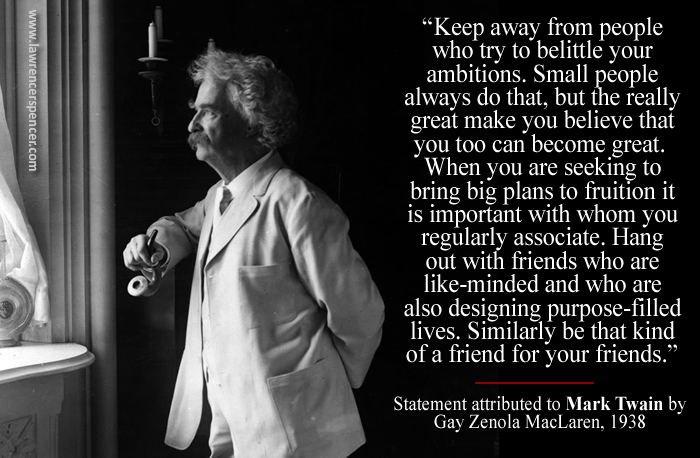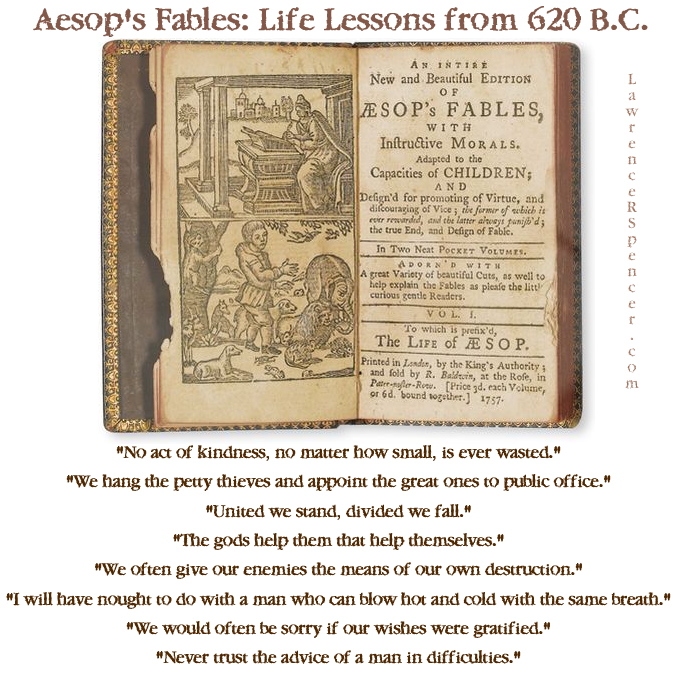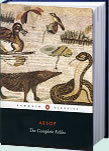Republished by Blog Post Promoter

Repost from an article in “Quoteinvestigator.com”:
“The following compelling advice is credited to Mark Twain in self-help books and on websites. It is valuable guidance in my opinion:
“Keep away from people who try to belittle your ambitions. Small people always do that, but the really great make you feel that you, too, can become great.”
While searching to learn more about the saying I came across another version which used a different wording. The word “people” was replaced with “those”, and “feel” was replaced with “believe”:
“Keep away from those who try to belittle your ambitions. Small people always do that, but the really great make you believe that you too can become great.”
Did Twain say or write either of these expressions?
Quote Investigator: The earliest evidence known to QI was published in 1938 in the memoir of an extraordinary elocutionist who gave recitals at Chautauquas around the United States. Chautauquas were assemblies that combined entertainment and education by presenting lecturers, preachers, musicians, and other performers to a largely rural audience. Gay Zenola MacLaren wrote in her memoir that she met Mark Twain when she was still a child who aspired to be a great performer. Twain offered her the following counsel:
He opened the door for me himself. As we said good-bye, he put his fingers lightly under my chin and lifted my head up so that my eyes met his.
“Little girl,” he said earnestly, “keep away from people who try to belittle your ambitions. Small people always do that, but the really great make you feel that you, too, can become great.”
The date of the meeting was not listed in the book.
In 1901 a review of a performance by MacLaren was published in a Brooklyn, New York newspaper:
She has an almost ventriloquistic power of changing her voice from the light tones of women to the heavier speaking of men, so the recital was thoroughly well balanced and was given with intelligence.
In 1909 the periodical “The Lyceumite and Talent” printed an advertisement for Gay Zenola MacLaren that included a testimonial statement from Mark Twain:
Opinions from Prominent Men
An unusually gifted young lady. Mark Twain.
I do not hesitate to say that I think Miss MacLaren’s work phenomenal. She is a genius. Major James B. Pond.
Here are additional selected citations in chronological order.
In 1938 Time magazine reviewed MacLaren’s memoir and noted that she “got her big chance at the New York Chautauqua”. The magazine presented an eclectic list of participants at Chautauquas:
Thereafter she followed the Chautauqua circuit, along with chalk-talk artists, bell ringers, evangelists, yodlers, zither performers, magicians, bagpipe players, ventriloquists and the strange assortment of educators and entertainers who, in brown tents pitched in small towns all over the U. S., spread culture to apathetic audiences before the War.

In 1948 a large compilation of quotations titled “Mark Twain at Your Fingertips” edited by Caroline Thomas Harnsberger was published. The statement was included, and the accompanying citation pointed to MacLaren’s memoir:
Keep away from people who try to belittle your ambitions. Small people always do that, but the really great make you feel that you, too, can become great.
P. 66—Morally We Roll Along—MacLaren
———————-
READ THE ENTIRE ARTICLE HERE: http://quoteinvestigator.com/2013/03/23/belittle-ambitions/




 “The popularity of Aesop is also shown by the fact that Plato records that Socrates decided to versify some of his fables while he was in jail awaiting execution.” -Robert Temple
“The popularity of Aesop is also shown by the fact that Plato records that Socrates decided to versify some of his fables while he was in jail awaiting execution.” -Robert Temple

